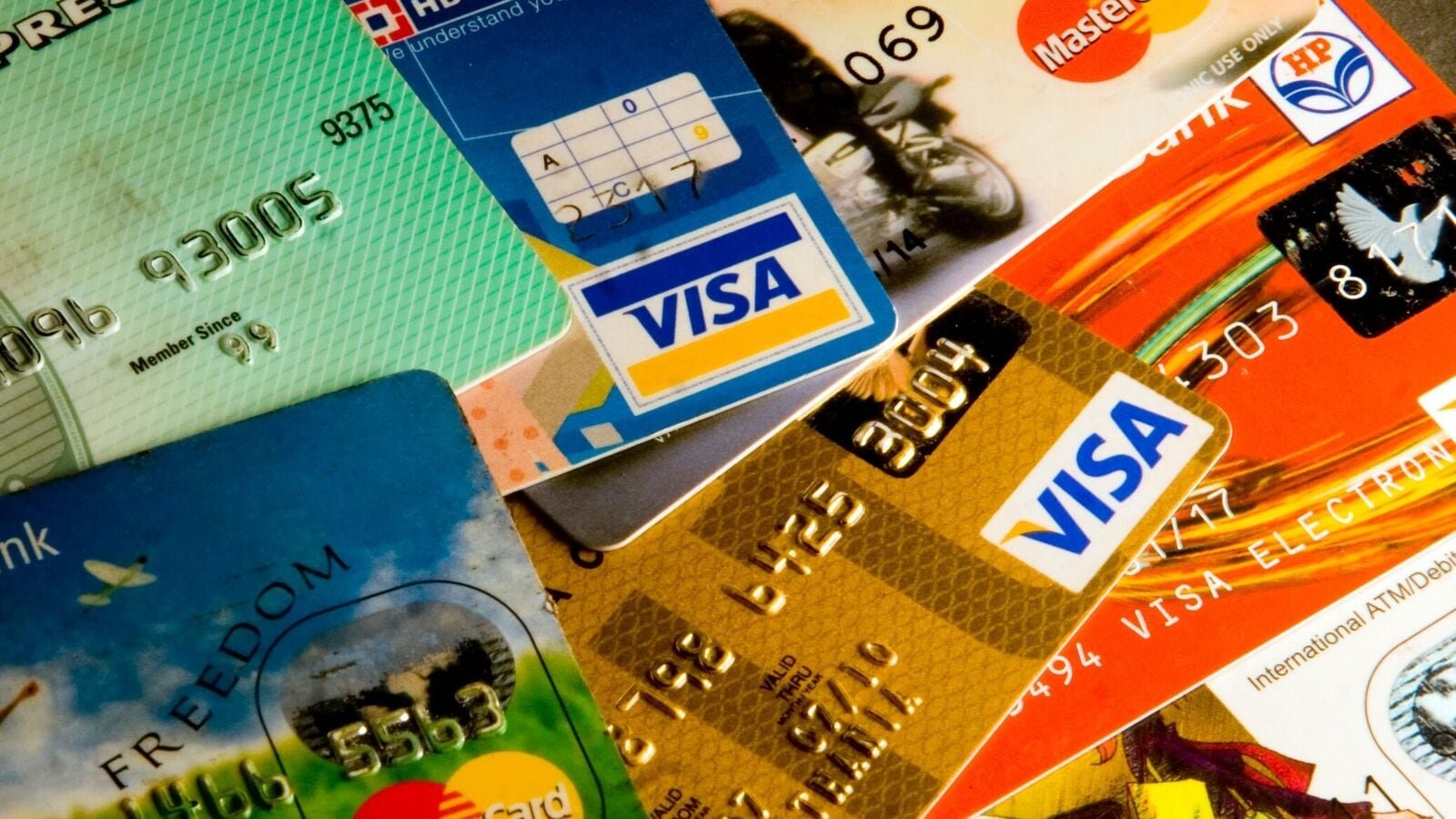In today’s world, credit cards are indispensable for managing finances and making purchases. However, billing issues can sometimes arise, leading to disputes that may leave consumers feeling frustrated. Understanding how to navigate the credit card dispute process is essential for safeguarding your financial interests.
What are credit card disputes?
A credit card dispute occurs when a cardholder questions a charge on their statement. This can happen for various reasons, including unauthorised transactions, incorrect billing amounts, or issues with goods or services not being delivered as promised.
To initiate a dispute, cardholders typically contact their credit card issuer and provide details about the transaction in question. The issuer then investigates the claim, seeking additional information as needed. If the dispute is found valid, the disputed amount may be credited back to the cardholder’s account.
Bhargav Errangi, Founder & CEO of POP, shared insights on this growing concern: “Total online spends for credit cards have increased to Rs. 1 lakh crore in April 2024, and so have the disputes. India has seen a 20% increase in credit card disputes since 2022, making it important to protect customer rights. Disputes are inevitable but manageable. Knowing how to navigate the dispute process is essential, whether it involves unauthorised charges, billing errors, or dissatisfaction with a purchase.”
When should you raise a credit card dispute?
- Unauthorised transactions: If you see any unauthorised charges, notify your card provider immediately.
- Billing errors: Regularly review your statements for any discrepancies, such as duplicate charges or incorrect amounts.
- Merchandise or service disputes: If you receive faulty products or services that do not match their descriptions, you can challenge the charge.
- Fraudulent activity: In cases of suspected identity theft or phishing scams, file a dispute right away.
Steps to raise a credit card dispute
- Contact the card issuer: Start by reaching out to your credit card issuer’s customer support. Provide details about the transaction, including the date, amount, and merchant.
- File a dispute form: You may need to fill out a dispute form or submit your information online. Ensure you include all relevant details and supporting evidence for your claim.
- Investigation process: Once the dispute is filed, the card issuer will investigate. They may temporarily remove the disputed amount from your statement during this period.
- Resolution: After completing their investigation, the issuer will inform you of their findings. If the dispute is resolved in your favour, the amount will be credited back to your account.
Atish Shelar, COO of TechFini, emphasised the importance of communication in the dispute process: “To dispute a credit card charge effectively, customers have multiple channels at their disposal to seek resolution. They can communicate via email, allowing for detailed explanations and documentation of their concerns. It’s often helpful to contact the merchant first, as they may be able to resolve the issue directly.”
He also noted the timeframe for disputes: “It’s essential to remember that customers have the right to dispute a charge within 180 days from the date of the transaction. Typically, these disputes can be resolved within 45 to 60 days, although the exact timeframe may vary based on the specific circumstances of each case.”
Tips for handling credit card disputes
- Keep records: Maintain thorough records of all transactions, including receipts, invoices, and correspondence with merchants.
- Act quickly: Report any unauthorised charges or discrepancies as soon as you spot them to expedite the resolution process.
- Stay informed: Familiarise yourself with your rights and responsibilities as a cardholder, including the terms outlined in your cardholder agreement.
- Follow up: Keep in touch with your card issuer throughout the dispute process to ensure you receive timely updates.
Conclusion
Understanding the credit card dispute process empowers you to protect your financial interests and resolve billing issues effectively. By acting swiftly, providing detailed documentation, and maintaining open communication with your credit card issuer, you can confidently manage disputes.
Remember, your consumer rights are safeguarded by federal laws, so don’t hesitate to assert them when necessary. By taking proactive steps to address billing discrepancies and unauthorised charges, you can ensure a positive credit card experience.


